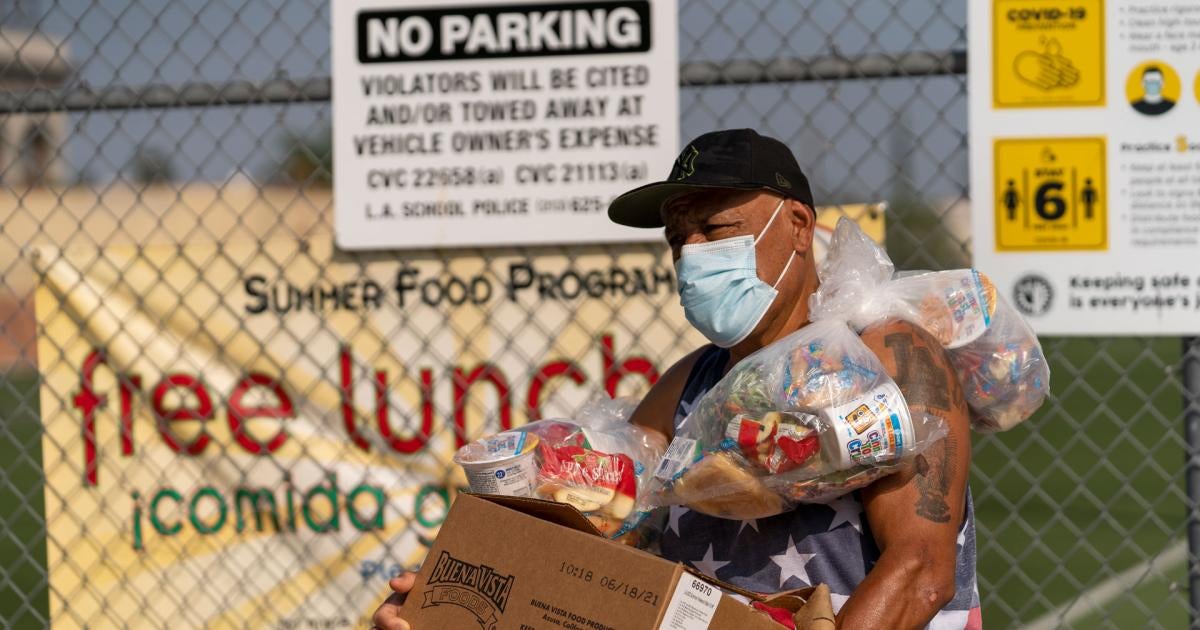Turning Covid’s Economic Crisis into Opportunity
This piece is the first in a series marking the two year anniversary of the Covid-19 pandemic.Find more of our work documenting the global response to the coronavirus here.

.
The Covid-19 pandemic cast a bright light on the reality for billions of people around the world living without protections from poverty. More than four billion people are not covered by any form of social protection and many countries’ laws deprive people of homes, water, electricity, health care, and other vital needs when they cannot pay. Meanwhile, unemployment benefits are often meager and not available to informal workers.
The pandemic plunged an estimated half-billion people into or deeper into poverty. But it also spurred many governments to dramatically improve their social safety nets, unemployment benefits, and suspend rules that hurt the poor, with extraordinary results.
The United States aggressively expanded temporary benefits including near-universal cash transfers, decreasing poverty significantly despite the economic toll of the pandemic. Though not perfect, leaving some segments of society behind, the action showed that when governments provide such support, the benefits can lead to faster economic recovery. Yet as we enter the pandemic’s third year and governments look to prioritize recovery over crisis response, support has waned. But unraveling these measures puts people’s rights at risk, particularly where they helped address longstanding gaps. Child poverty increased by 41 percent within a month after the US let its expanded child tax credit expire.
The United Kingdom cut its £1050 (US$1,337) per year increase in social security support for recipients of its flagship Universal Credit program, introduced in March 2020.
The increase was badly needed after prior social security cuts since 2009 had led to more people going hungry and in need of food banks. Returning to that status quo means social security support will continue to fail to keep pace with rising living costs. Stripping protections back to pre-pandemic levels is especially dangerous because the pandemic is not over and low-income people continue to bear the brunt of its economic impacts. Lost income and rapid inflation have disrupted recoveries that are further complicated by the emergence of new virus variants like Omicron. But even when the pandemic’s economic impacts subside, the lessons remain: returning to a pre-pandemic status quo can leave people’s rights unprotected from stubborn poverty and soaring inequality. Governments should redouble their efforts to sustainably invest in efforts to reduce poverty, not cut them back.
Read the full article at the original website
References:
- https://www.hrw.org/tag/coronavirus
- https://www.ilo.org/global/about-the-ilo/newsroom/news/WCMS_817653/lang--en/index.htm
- https://www.who.int/news/item/12-12-2021-more-than-half-a-billion-people-pushed-or-pushed-further-into-extreme-poverty-due-to-health-care-costs
- https://www.hrw.org/news/2021/03/02/united-states-pandemic-impact-people-poverty
- https://www.nydailynews.com/opinion/ny-oped-the-forgotten-suffering-without-aid-20200430-ofiol7uuivadzaiz5noujiil5m-story.html
- https://blogs.imf.org/2021/02/24/the-great-divergence-a-fork-in-the-road-for-the-global-economy/
- https://abcnews.go.com/Health/wireStory/study-child-poverty-rising-tax-credit-expires-83071832
- https://www.hrw.org/news/2021/12/20/us-failure-pass-build-back-better-act-imperils-rights
- https://www.hrw.org/report/2019/05/20/nothing-left-cupboards/austerity-welfare-cuts-and-right-food-uk
- https://www.imf.org/en/Publications/WEO/Issues/2022/01/25/world-economic-outlook-update-january-2022
